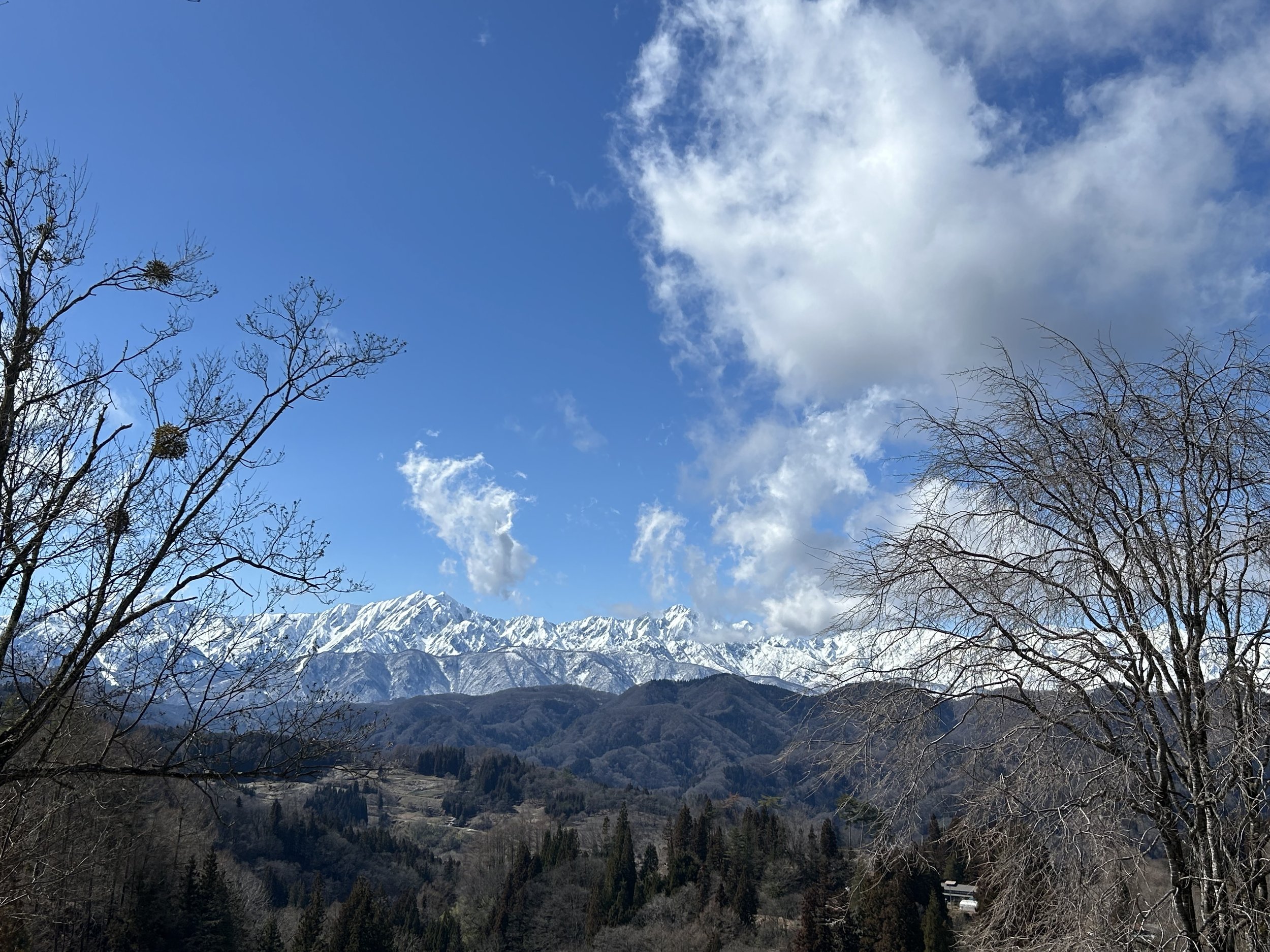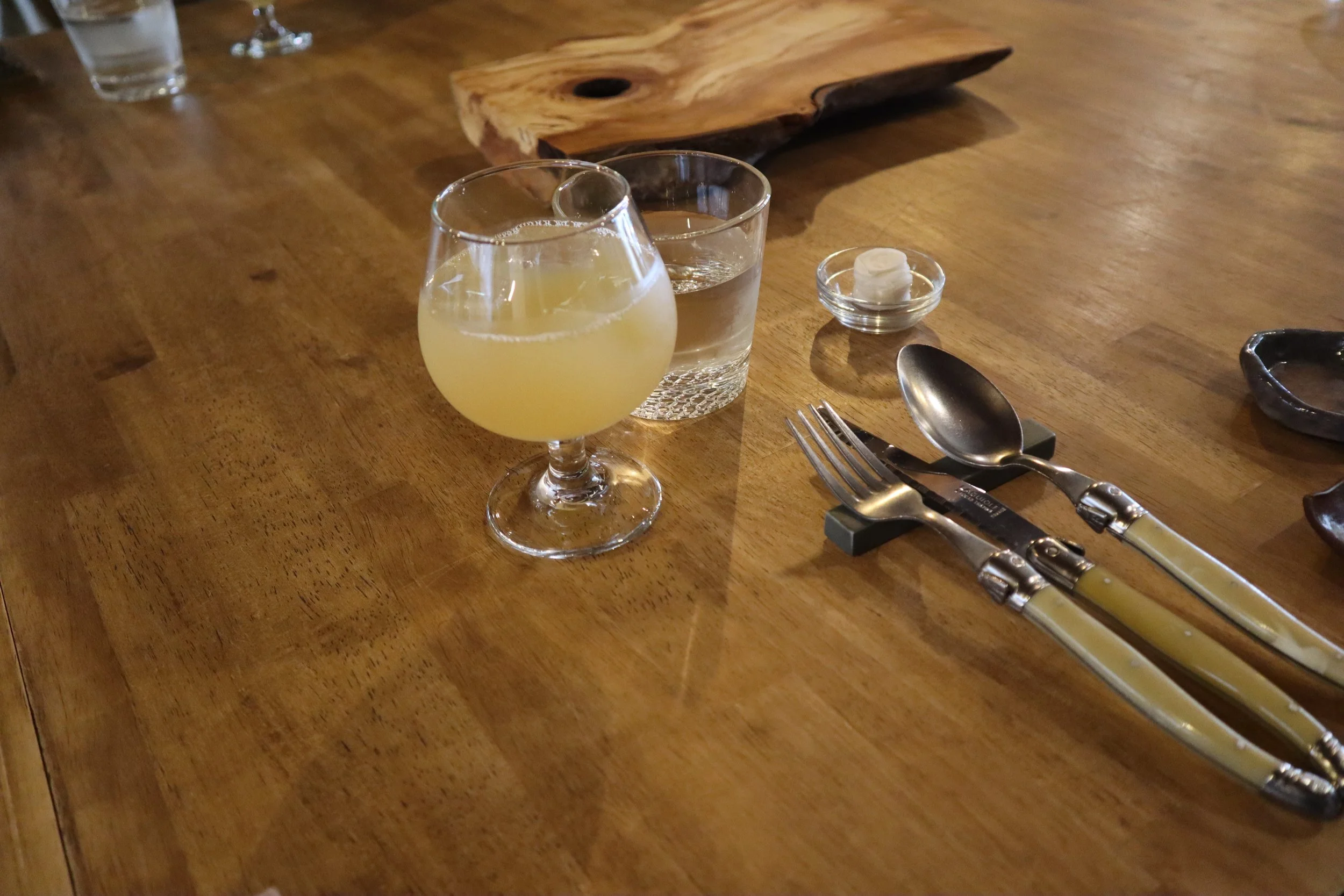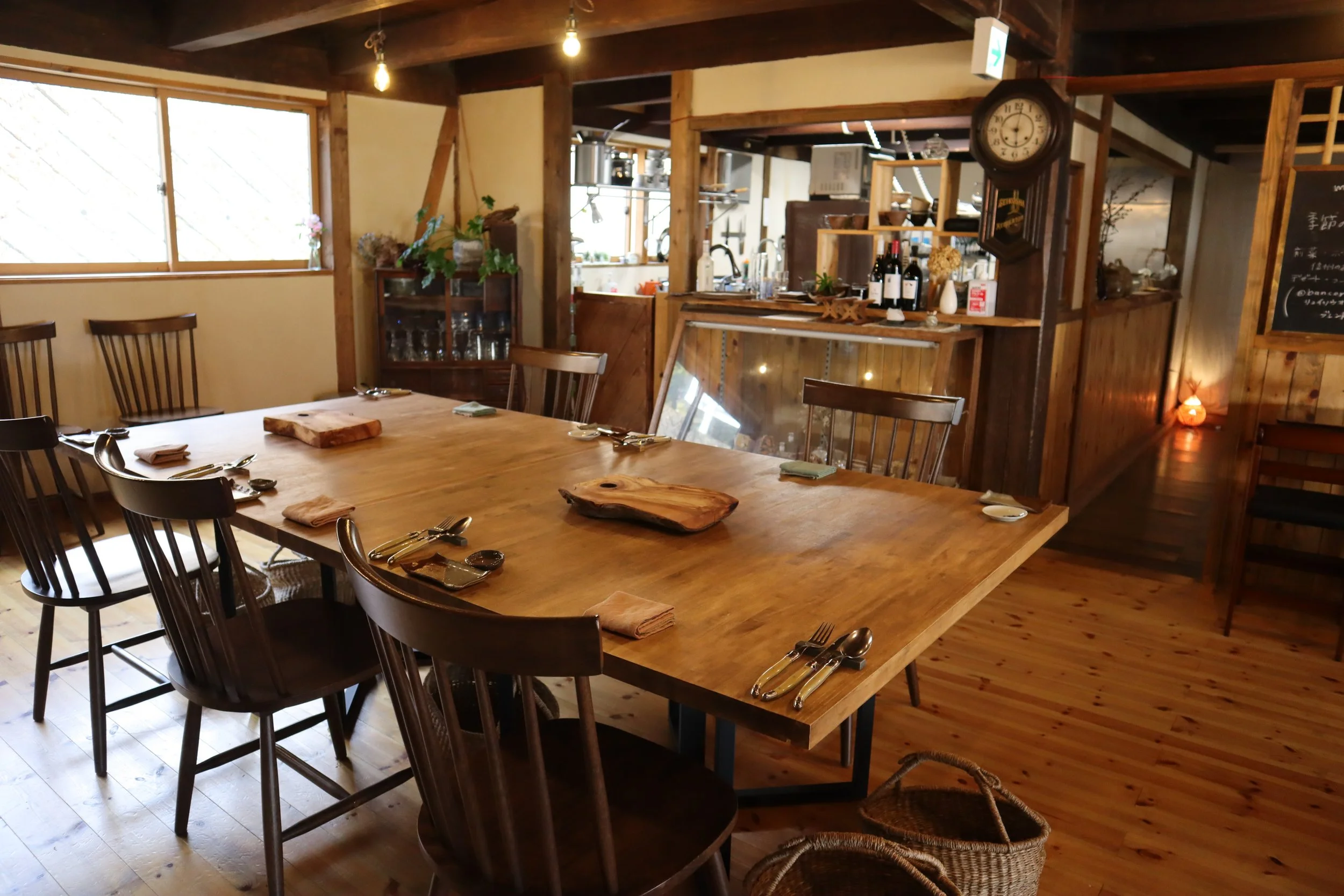Ogawa village
This website showcases hidden gems of tourism in Japan. We've highlighted this before, but let's revisit "Ogawa Village, Nagano Prefecture."
Ogawa Village, blessed with abundant nature, is sure to captivate anyone who has visited. While it's an excellent travel destination, it's also gaining popularity as a place to relocate.
This time, an event was held in the heart of Ginza, Tokyo, to promote relocation to Ogawa Village. We participated to gain a deeper understanding of the village's appeal.
On July 19, 2024, I attended a talk session at “Ginza NAGANO” where Ogawa Village conveyed its charm.
About Ogawa Village
Ogawa Village is located in northern Nagano Prefecture, halfway between Hakuba Village and Nagano City. The village is mountainous, with 70% of its area covered by forests, and it sits at an altitude of approximately 500-1000 meters. It is a wonderful place to experience all four seasons: cherry blossoms and lingering snow on the Northern Alps in spring, cool and refreshing breezes in summer, colorful autumn leaves, and snow in winter. There are facilities available for affordable relocation experiences, allowing visitors to fully enjoy the village.
【Ogawa Village Office】
Ogawa Village Official Website
Program
・Immigrants’ experiences and the charm of Ogawa Village
We have two guest speakers today who will share their experiences and enjoyment of living in Ogawa Village.
granja
"Sharing the beauty of nature and living harmoniously with it."
三水 亜矢 (Samizu Aya さみず あや)
Background
Reason for Moving: Moved to Ogawa Village in 2005. Her husband lived in Ogawa Village, and she moved there after getting married. Previously lived in Matsumoto for 10 years.
Work Experience: Worked for a confectionery ingredient manufacturer in Tokyo before starting her own agricultural distribution business at the age of 34. Incorporated the business four years later, now in its 24th year.
Life and Work in Ogawa Village
Work and Life: Adopted a style of delivering agricultural products directly from producers to customers. After her mother-in-law passed away, she started managing the fields with her husband.
Agricultural Development: Provides agricultural products not only for personal use but also for restaurants and hotels. She grows the crops herself and handles shipping.
Business Development
Community Revitalization: Plans to clear old houses to create a confectionery production, shared kitchen, and dining space. Developing businesses that utilize village resources.
Product Development: Planning to develop and sell products using natural yeast and forest resources.
Coexistence with Nature
Enhanced Life: Living in nature brings richness and relief from the stress of urban life. The spread of remote work has also been helpful.
Connection with Tokyo: Satisfied with a lifestyle of occasionally visiting Tokyo. It's 1.5 hours by Shinkansen from Tokyo to Nagano, and about 40 minutes from Ogawa Village to Nagano.
Message to Young People
Lifestyle Proposal: Encourages young people to consider living in the countryside, balancing work and farming in spacious areas.
Product Introduction
Semi-Dried Apples: Sugar-free, utilizing apples from Nagano Prefecture.
Edible Flowers "Crystal Fleur": Long-lasting, used by Alain Ducasse and Marriott hotels.
Ruisseau
A Unique Experience of Food and Accommodations in Ogawa Village.
権守 司(ごんもり つかさ Gonmori Tsukasa)

Gonmori and Ruisseau
Born in Yamanashi Prefecture, Gonmori moved to Nagano Prefecture without any prior connections.
While working in the culinary field, he always aspired to be independent.
His wife is fond of Nagano. They renovated a 90-year-old traditional house and started their business.
They moved in 2019, and opened the business in 2020, coinciding with the COVID-19 emergency declaration.
Gonmori always had an interest in farming. Since customers were sparse, he started farming simultaneously, becoming a part-time apple farmer.
With a 10,000 square meters apple orchard, it’s uncertain which is his primary occupation.
He wants to expand the apple orchard further. Despite being busy with both the lodging and the restaurant, he manages stress-free.
For those considering moving and starting a business, Ogawa Village has a cooperative municipal office that provides consultation and assistance.
A significant hurdle was the cold treatment from municipal offices when looking for potential relocation sites.
Many municipal offices had stringent conditions for those interested in both farming and running a restaurant.
Land and houses are very affordable. Many people of the same age group have moved here, and it's uncommon to only socialize with fellow migrants.
The local community is very welcoming, making it easy to integrate with the locals.
The renovated old house doubles as a restaurant. They host one group of lodgers per day, and the restaurant operates only on weekends and holidays.
The name “Ruisseau” means stream in French.
The lodging facility is impressive, and the location often surprises visitors, making it hard for first-timers to find.
The dishes are visually appealing, not confined to French cuisine, featuring locally sourced ingredients that change seasonally.
Living Conditions
Their shop-cum-house is situated in the mountains. Initially, Gonmori had to drive their elementary school children to and from school daily.
Due to their busy schedule, they requested a bus for the children from the village, which started the following year.
The village provides support for the bus service.
Since they enjoy living with these inconveniences, it doesn’t bother them.
With the local supermarket closing down, they rely on mobile sales vans for shopping, mainly used by the elderly.
Young people drive 20 minutes to Hakuba or 30–40 minutes to Nagano for shopping.
Major illnesses are the only concern, but there is a clinic in the village.
Community Connections, Pros, and Cons
Many people in Ogawa Village have a welcoming attitude.
Attending the biannual district meetings suffices. Elders keep an eye on attendance.
Even within five years of moving in, newcomers might become members of the fire brigade or youth division leaders of the commerce and industry association.
Though being appointed a deputy team leader in the district is possible, it isn’t demanding.
They understand the constraints of weekend work and accommodate each job accordingly.
Connections with Other Migrants
Traditional rules and customs are still present in some rural areas.
District activities are tough due to the aging population, but it’s appreciated when migrants participate in tasks like grass cutting.
Most people do not expect much but have a strong sense of community and mutual support.
Failing to participate in district activities can create a gap.
Simply showing up can help in blending smoothly.
The current generation tends to act as a bridge for new migrants.
Both the welcoming and the migrating parties need to adapt their mindset.

























